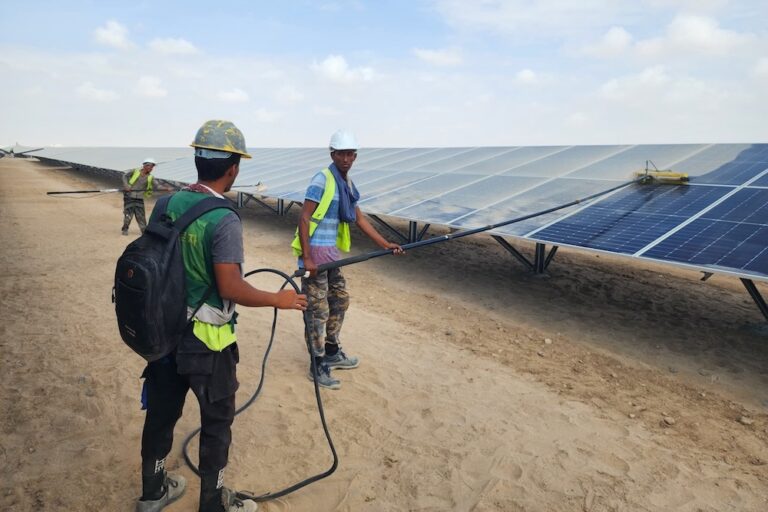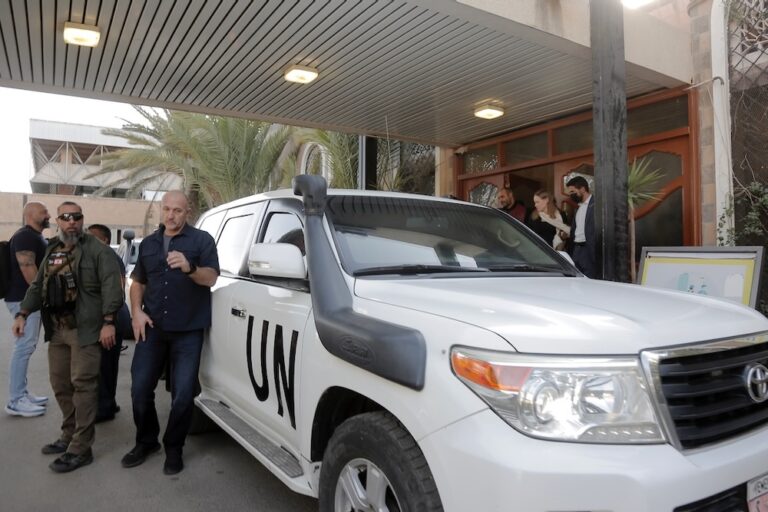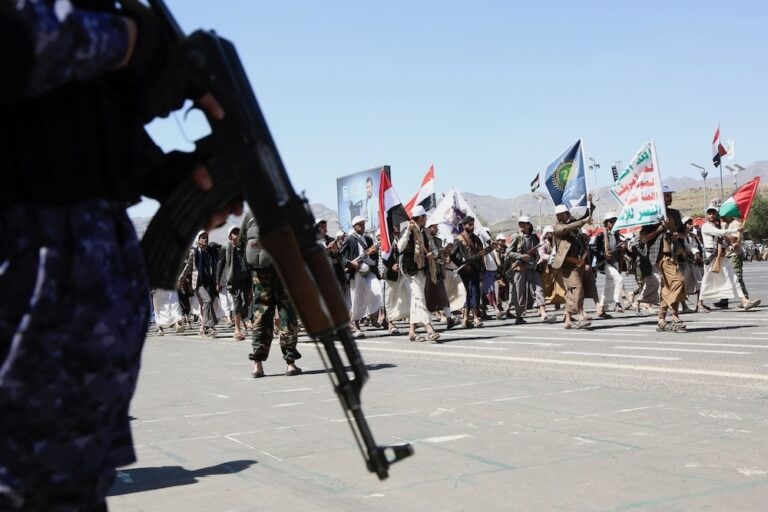Journalist Abdul-Rahman Hamid Al-Deen was shot in the head on 15 August 2014. He died in hospital the following day.
Freedom Foundation strongly condemns the murder of journalist Abdul-Rahman Hamid Al-Deen, who works for Sana’a Radio. Al-Deen was shot in the head on 15 August 2014 and died in hospital the next day.
Two days after he was shot, Ibrahim Al-Abyadh, a director at the state-owned Yemen TV, survived a murder attempt when he discovered an explosive device attached to his car which was parked near his house in Sana’a.
“The bomb placed under the car seat was in a black bag and weighed half a kilo. It was found by my father, the lawyer Mohamed, with a cell phone attached to it. He informed the police department and an explosives expert was called in to deactivate it,” said Al-Abyadh in his report to Freedom Foundation.
Threats against journalists as a result of their work have escalated in recent months. Suhail TV reporter Hafeed Al-Hutami in Hodeidah province was threatened with murder and the kidnapping of his sons as a result of conducting a TV report on armed gangs in the Al-Tuhaita directorate in Hodeidah. Al-Hutami confirmed that he received threatening WhatsApp messages on 16 August from a private phone number.
Jameel Al-Ja’dabi, the editorial manager of the Al-Motamer Net website also received death threats over the phone in response to his work. He reported to Freedom Foundation that the person on the phone said to him, amongst other things, “You have to know that I will punish you soon, so prepare your shroud.”
Journalist Mansour Al-Faqih was threatened with murder through a verbal message sent with one of his relatives from three men from the Houthi rebel group in Sana’a.
“At 7 pm on Wednesday 13 August 2014, three men known to be Houthis arrived at my relative’s house and told him to warn me not to write about the Houthi rebel group or they threatened they would cut off my head,” said Al-Faqih. “These threats are because I publish posts on Facebook about Houthi violations of human rights in the Sa’ada and Amran provinces.”
Asharq Alawsat newspaper’s Yemen reporter Hamdan Al-Rahabi was also threatened with murder and accused of lying and deception on social media sites. Journalist Abdul Razak Al-Jamal, who specializes in news on Al-Qaeda, has been a victim of incitement and was accused of being Al-Qaeda’s spokesman. “I am a journalist specializing in Al-Qaeda affairs and not an official spokesman,” he said in reply to the accusations.
On 10 August 2014, Yemen News Agency (SABA) website was hacked and blocked by unknown individuals.
SABA website’s director Yousuf Al-Jamri said that a picture of a US Marines soldier was uploaded on the site under which was written, “Hacking has been done by the electronic Yemen battalions. We are fed up of the misleading and repetitive news, beware of manipulating the people’s minds.” Al-Jamri added that the site was thereafter blocked and it is not yet known who hacked it.
Freedom Foundation considers the above violations a clear indication of the grave circumstances journalists are working in whereby their lives and the lives of their family members are being put at risk. The foundation demands that all government agencies quickly provide a safe environment for journalists to work in and calls on the government to urgently investigate all serious violations, track down the perpetrators, and bring them to trial.


